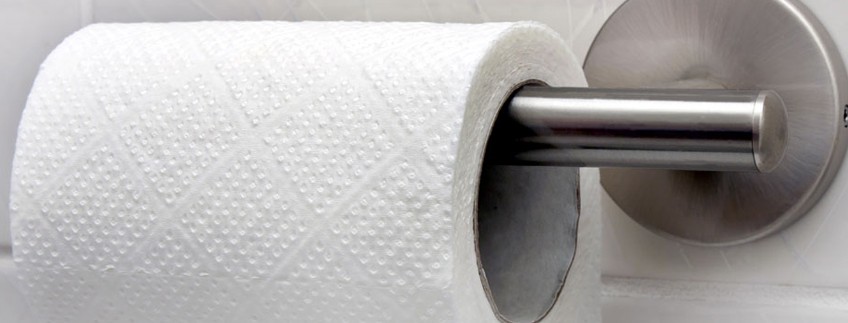
Introduction
Diarrhoea is defined as having three or more liquid stools a day. It is usually caused by an infection, especially when travelling overseas. Dehydration is a main concern for diarrhoea, especially in children. Most fatalities related to diarrhoea are due to the body losing too much and water and salts.
Signs & Symptoms
- Stomach Cramping
- Flatulence
- Nausea and vomiting
- Urgency to pass stools
When to Seek Medical Attention
Do go for an evaluation if you:
- Have diarrhoea lasting for more than two days
- Suspect it is due to a medication you have just started
- Are running a fever
- Are unable to keep fluids down
- See blood and mucus in stools
- Feel dizzy and weak
- Have severe abdominal pain, or in other parts of the body
- Are pregnant
- Have signs of severe dehydration such as:
- Thirst
- Less urine passed out
- Dry skin that looks loose
- Crying with no tears
- Fast heartbeat
- Confusion
Causes
- Microorganisms – virus, bacteria and parasites
- Stress
- Side effects of medications such as antibiotics and antacids
- Food sensitivity
- Conditions like Inflammatory Bowel Syndrome and Celiac Disease
Lifestyle modifications
If you are travelling overseas:
- Do not eat raw foods such as salads, or fruits that are eaten with their peel intact
- Eat foods that are hot, and avoid dishes that have been sitting out at room temperature
- Use only bottled water or sealed drinks (even for tooth brushing)
- Ice cubes might be made with tap water, so avoid as well
- Wash your hands with soap and water regularly, and do not put your hands in your mouth. If soap and water are not readily available, use hand sanitiser with at least 60% alcohol.
Drink more water to replace the fluids lost. Eat plain, bland foods that you are more likely to tolerate.
Rehydration salts can be of help to prevent dehydration, especially in young children. They usually come in a sachet to be mixed with water, or in a popsicle form to be frozen for children.
Treatment options
For mild diarrhoea, adsorbents such as activated carbon or kaolin mixture can help by binding to toxins in your gut. These medications should be separated by any other oral medicines or supplements by about two hours.
Probiotics are good bacteria that can help to restore the balance of the gut flora, and can be used for antibiotic-related diarrhoea and traveller’s diarrhoea. They are available in drops, sachets or capsules, and also occur naturally in fermented foods.
Loperamide or diphenoxylate/atropine are pharmacy medications that can be used to stop the diarrhoea. However, they are not to be used in cases where the patient is also present with a fever, with blood or mucous in their stools. Antidiarrhoeals should not be given to children without a healthcare professional’s supervision.

